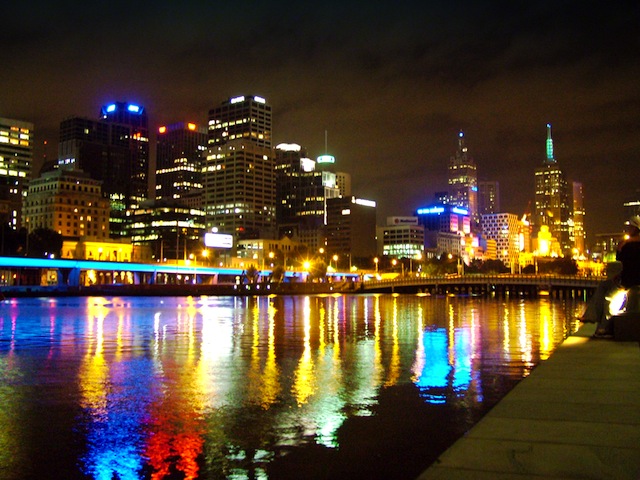There’s plenty of indicators that can be used to predict the health of an economy
While my favourite is the mini-skirt index, the most reliable is when rich folk start building huge skyscrapers.
Whenever developers propose a hundred storey building it marks the top of the property cycle. Should they get to actually build the thing, you can be guaranteed a nasty economic downturn is about to hit.
The Skyscraper Index’s historical record
This track record was set with the very first megatower – the Empire State building was started just before the 1929 stock market crash and completed as the great depression tightened its hold on the United States.
Forty years later New York’s ill-fated World Trade Center opened just in time to welcome the 1973 oil shock and subsequent recession.
A more recent example is Dubai’s Burj Khalifa, the world’s tallest building which was topped out in time for the city’s property crash and economic rescue by neighbouring Abu Dhabi.
In Australia, the most notable downfall was 1980s entrepreneur Alan Bond who planned to build a 140 storey tower on the World Square site opposite Sydney’s Town Hall.
The site was excavated but Bond went broke before work started and the hole remained for over a decade until a more modest 40 storey tower was built on the site.
Australia 108
So the news that property developers want to build a 108 storey tower on Melbourne’s Southbank should worry the Victorian government and unsettle the state’s property owners.
What’s always notable about these super skyscrapers is the garishness of the project. While Australia 108 won’t match the Burj for sheer Las Vegas gaudiness, it will feature the ‘Star burst’, a star-shaped Sky Lobby and hotel at the top of the tower.
Why the Skyscraper index works
The reason why 100 storey buildings are such a reliable economic indicator is because they illustrate there’s too much dumb money in the economy. It rarely makes sense to build such tall buildings.
Designing and building high rise buildings is complex and expensive – the higher you go, the more construction challenges there are as this Popular Mechanics article describes.
Skyscrapers are subject to the law of diminishing returns as the taller the building is, the more space that’s needed for services like elevators, air conditioning, water supplies and fire protection which reduces the landlord’s rentable floorspace on the lower levels.
When a building reaches a hundred storeys, there’s little space available on the lower floors for paying tenants. So the economics don’t add up.
Builders, property developers and financiers know this so when they start proposing projects that don’t make commercial sense it’s a fair indication the locals are gripped with irrational exuberance and Adam Smith’s invisible hand is going to deliver a short, sharp slap to the back of the economy’s head.
Does it matter to Australia?
And so it is in Melbourne, which is going to be interesting to watch as South East Queensland is the only Australian metropolitan area to suffer a prolonged property downturn in the last twenty years.
Hopefully Melbourne’s woes won’t affect the rest of the Australian economy but given how much the nation has invested in property and the stratospheric debt levels to service that speculation, it may well be that the rest of the country will follow Victoria.
Winning the next election might not be a good thing for Tony Abbot and his followers who genuinely believe a Liberal government will deliver a magic pudding to the home of every dinky-di Working Australian.

Leave a Reply